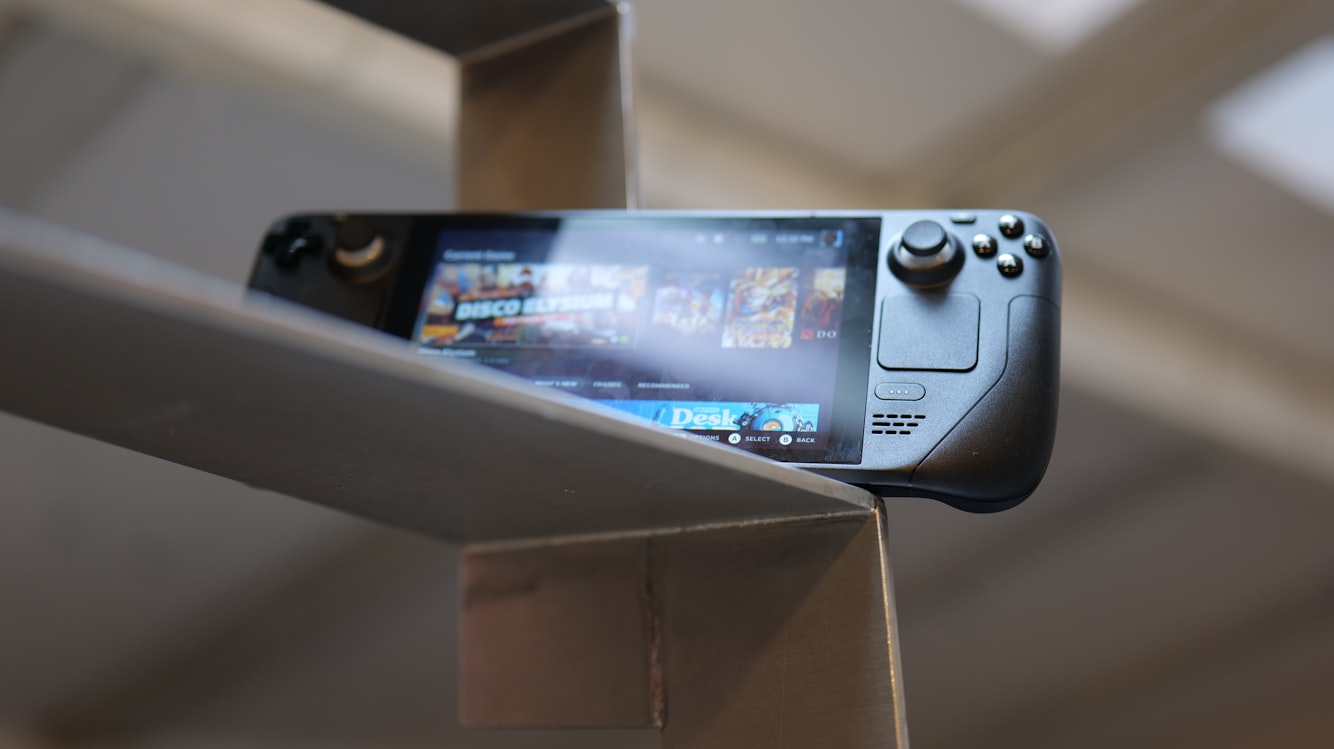The Steam Deck has garnered significant attention as an impressive handheld gaming console, offering a wide range of features and capabilities. However, some users have reported experiencing overheating issues with the device, leading to concerns about performance and potential damage. In this article, we will explore How To Fix Steam Deck Overheating. By following these steps, you can ensure optimal performance and safeguard your Steam Deck from overheating-related complications.
- Diablo 4 Disconnecting after using Teleport (TP) or Waypoints – The Panther Tech
- The Walls Shake Quest Bug in Diablo 4 – Wall not Breaking after Duriel! – The Panther Tech
- How to increase Diablo 4 Performance – Nvidia Profile Default! – The Panther Tech
- How to Fix Diablo 4 Not Enough Animus Bug – The Panther Tech

How To Fix Steam Deck Overheating
Adjust Performance Settings to Reduce Power Consumption
One of the primary causes of Steam Deck overheatingt is excessive power consumption during gameplay. By making some adjustments to the console’s performance settings, you can significantly reduce power usage, resulting in improved thermals and battery life. Here’s how you can do it:
- Access the Steam Deck’s settings menu by navigating to the main menu.
- Select “System” and then choose “Power.”
- Within the Power settings, you’ll find the option to adjust the power/performance profile.
- Switch to a lower power/performance profile that reduces CPU and GPU usage without compromising gameplay experience.
- Experiment with different profiles to find a balance between performance and temperature control.
By lowering the power consumption of your Steam Deck, you can mitigate the risk of overheating and ensure smoother gameplay sessions.
Maintain Proper Ventilation and Cooling
Proper ventilation is crucial for preventing overheating in any electronic device, and the Steam Deck is no exception. Here are some steps you can take to enhance ventilation and cooling:
- Ensure that the vents and cooling fans on the Steam Deck are not blocked or obstructed by any objects or surfaces.
- Place the console on a flat, solid surface that allows adequate airflow underneath and around it.
- Consider using a cooling pad or stand designed specifically for portable gaming devices. These accessories can help improve air circulation and dissipate heat more effectively.
- Avoid playing games in direct sunlight or in excessively hot environments, as this can exacerbate overheating issues.
- If you experience overheating during extended gaming sessions, take short breaks to allow the device to cool down before continuing.
By maintaining proper ventilation and cooling, you can help regulate the temperature of your Steam Deck and prevent overheating.
Keep the Steam Deck Firmware and Software Updated
Valve, the company behind the Steam Deck, regularly releases firmware and software updates to address issues and improve the device’s performance. To mitigate overheating problems, make sure you keep your Steam Deck’s firmware and software up to date. Here’s how:
- Connect your Steam Deck to a stable internet connection.
- Access the settings menu and navigate to the system updates section.
- Check for available updates and follow the prompts to install them.
- Install any firmware or software updates related to performance enhancements or temperature management.
By keeping your Steam Deck updated, you can take advantage of the latest improvements and optimizations that can help prevent overheating.
Contact Steam Support for Further Assistance
If you have followed the aforementioned steps and continue to experience persistent overheating issues with your Steam Deck, it may be advisable to seek further assistance from Steam Support. Valve’s support team can provide personalized guidance and troubleshooting steps tailored to your specific situation. They may also offer additional recommendations or solutions to address the overheating problem effectively.
To contact Steam Support, visit the official Steam website and navigate to the support section. Follow the instructions to submit a support ticket or engage in live chat with a representative.

Conclusion
While the Steam Deck is a remarkable handheld gaming console, it is not immune to overheating issues, particularly during intense gameplay sessions or in high-temperature environments.



















Leave a Reply